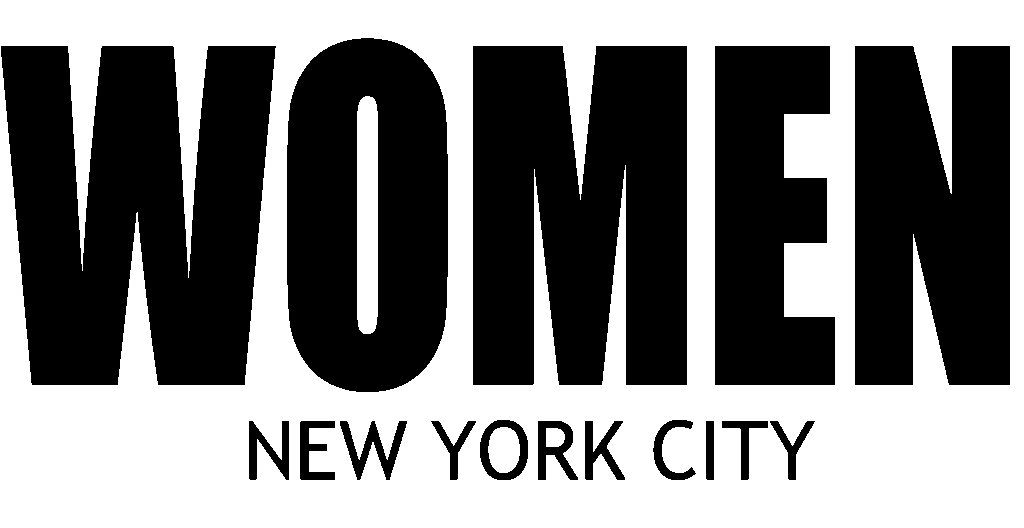There’s a quiet revolution unfolding — not in parliaments or boardrooms, but in classrooms, community spaces, and digital forums.
It’s the sound of a generation refusing to inherit silence.
From Bogotá to Berlin, Nairobi to New York, young voices are rewriting the language of power. They are not waiting to be invited to the table — they’re building their own. The new global consciousness they embody is not just political; it’s deeply human, born from empathy, climate urgency, and a demand for truth in a world oversaturated with noise.
The Generation That Grew Up Online
This is the first generation to come of age entirely connected — digitally fluent, culturally fluid, and socially aware. But connectivity has done more than entertain them; it has enlightened them.
While older systems still cling to bureaucracy, young people are mastering agility — mobilizing through hashtags, grassroots campaigns, and collective funding. They move fast because they must. Climate change, inequality, and misinformation don’t wait for elections.
Movements like Fridays for Future, March for Our Lives, and End SARS have shown the world what happens when passion meets purpose. Youth-led activism is now a global force, capable of shifting legislation, consciousness, and culture all at once.
Beyond Borders, Beyond Labels
The new global consciousness rejects binaries — left or right, traditional or radical, local or global.
For Gen Z and Gen Alpha, identity is intersectional, and the planet is personal. They speak multiple languages, both literally and digitally.
Their causes transcend geography: a Colombian student might advocate for gender equality in Africa; a young designer in Seoul might campaign for ocean protection in Chile.
What unites them is not nationality, but values — sustainability, inclusion, transparency, and care.
From Protest to Participation
This generation doesn’t just resist; it rebuilds.
They’re turning activism into architecture — launching startups focused on renewable energy, creating digital platforms for civic education, and using art to question old systems of power.
They don’t see politics as something distant or elite. For them, politics is personal, interwoven with mental health, fashion, technology, and daily choices.
Every purchase, post, and partnership is political. And every expression — a mural, a tweet, a business — becomes part of the dialogue for change.
The Emotional Intelligence Revolution
Perhaps the most radical thing about this generation isn’t its access to information — it’s its access to emotion.
They lead with empathy. They understand that progress is impossible without listening.
In a time when previous generations were told to harden up, these young voices dare to feel — to cry at injustice, to speak about anxiety, to value vulnerability as strength. And that emotional honesty is transforming leadership itself.
The leaders of tomorrow are not the loudest — they’re the most aware.
The Future in Their Hands
The new global consciousness isn’t an idealistic dream; it’s already here. You can see it in the way youth movements collaborate across continents, how they blend innovation with inclusion, and how they measure success not by profit, but by progress.
They are proving that hope is not naïve — it’s necessary.
And if the past century belonged to those who conquered, this one will belong to those who care.
Because the future doesn’t belong to power — it belongs to purpose.


